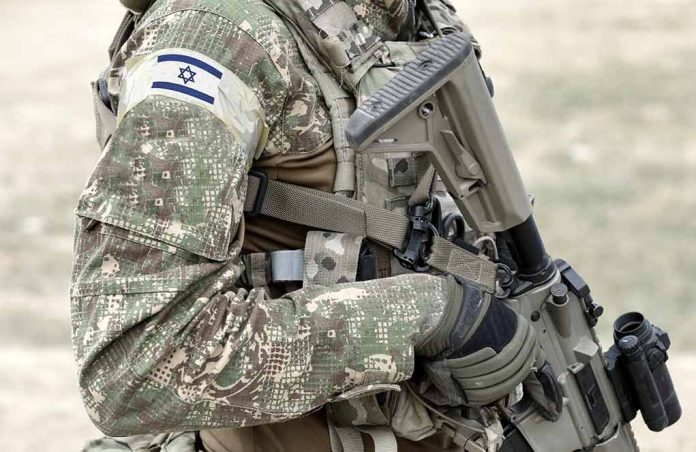
The death of Yahya Sinwar, a pivotal leader of Hamas, signals a potential shift in Middle Eastern geopolitical dynamics.
At a Glance
- Yahya Sinwar, leader of Hamas, killed by Israeli forces.
- Sinwar orchestrated major assaults on Israel, causing hostilities.
- His death might lead to Israeli claims of victory and cease-fire talks.
- Potential changes in Hamas leadership strategies.
Impact on Hamas Leadership
Yahya Sinwar, the influential leader of Hamas, was killed by Israeli Defense Forces in Rafah on October 16, 2024. This development follows his orchestration of significant assaults on Israel, particularly the attacks on October 7, 2023, leading to severe casualties and hostilities. Sinwar’s leadership was integral to Hamas’s strategic posture, emphasizing alliances with Iran and staunch resistance against Israeli advances.
With Sinwar’s demise, questions arise regarding the future direction of Hamas leadership. Speculation suggests a potential shift towards leaders willing to negotiate, although initial sweeping changes remain uncertain. His death removed a major barrier to Israeli declarations of victory, suggesting a new phase in the ongoing conflict might emerge.
Regional Politics and Negotiations
His death potentially opens the pathway for Israel to claim tactical successes and move discussions closer to a cease-fire. The dynamics of the region hinge significantly on how new Hamas leadership handles conflict and negotiations. Sinwar’s refusal to back down despite heavy retaliations formed a considerable part of ongoing tensions.
Repercussions of his death might extend beyond Gaza, touching broader hostilities involving regional actors like Hezbollah. Cease-fire negotiations and hostage releases, previously stalled under Sinwar, might find new ground, albeit with substantial challenges still ahead. Israel’s stance, as articulated by Prime Minister Benjamin Netanyahu, emphasizes a temporary truce aimed at curbing long-term Hamas consolidation in Gaza.
The death of top Hamas leader Yahya Sinwar brings an opportunity to "finally end the war in Gaza," Vice President Kamala Harris said Thursday.
Speaking during a campaign stop in swing-state Wisconsin, Harris stated that the war "must end such that Israel is secure, the hostages… pic.twitter.com/SFc4MAWb1r
— PBS News (@NewsHour) October 17, 2024
Challenges and Diplomatic Efforts
The implications of Sinwar’s death are profound, yet they underscore the complicated geopolitical landscape of the Middle East. New leadership should signal a recalibration of Hamas’s tactical approach; however, the broader regional balance involving Israel and its adversaries remains unchanged. Long-standing conflicts and alliances shape the prospect of local peace as much as individual leadership changes.
Future developments hinge on diplomatic negotiations and the readiness of new Hamas figures to engage in meaningful dialogue. Efforts towards peace require systemic adjustments and sincere commitments from all involved parties, beyond individual leadership considerations.
Sources:
- Sinwar Is Dead. Will the Fighting Stop?
- Sinwar’s killing means much uncertainty for the war in Gaza but also possible opportunity
- What Sinwar’s Death Means for Hamas and the War in Gaza










